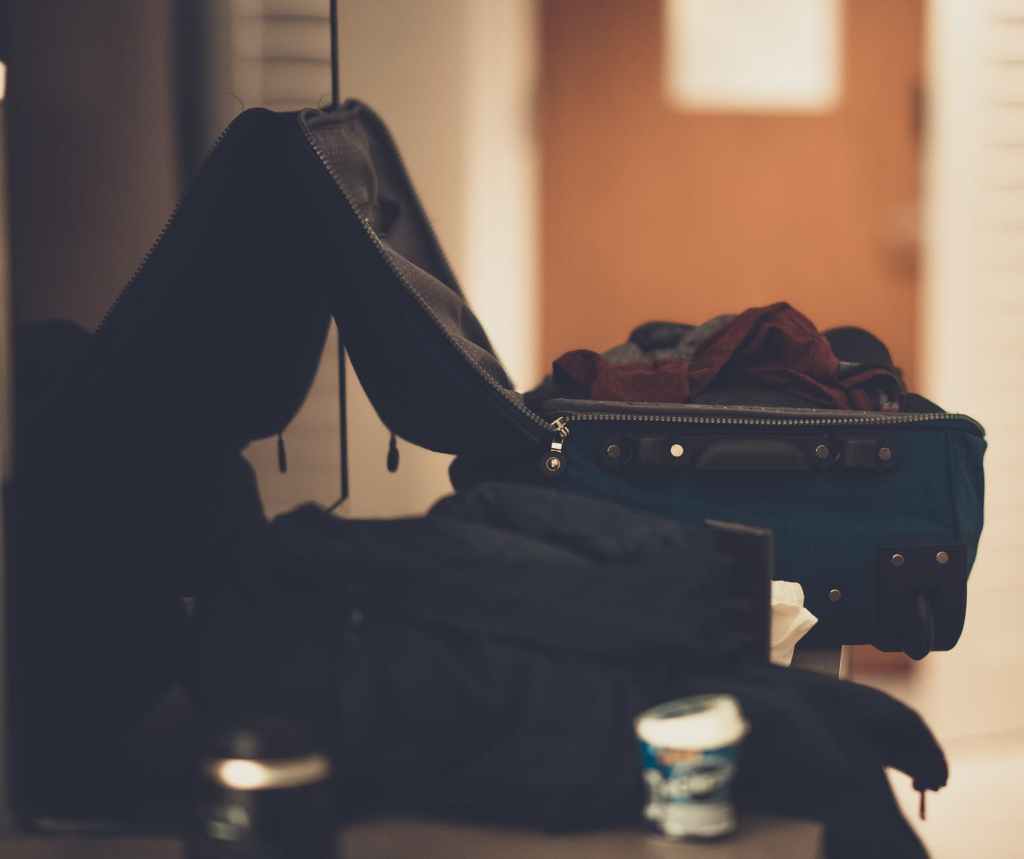Some pre-planning before traveling can make your trip go seamlessly. When planning for a trip, several weeks before, make a list of what you will need to travel with.
Government Documentation/ID
Ensure your personal documents (passport, visa, driver’s license, etc) are in order. It is ideal to make photocopies of your passport, visa, personal ID, and any other important travel documents. Pack them separately from the originals. You may also want to make a digital copy of your passport and ID to keep in your cell phone or digital camera. If you lose the originals while traveling, the copies will aid in reporting or replacing your documents.
Clothing/Jewelry
Pack a change of clothes in your carry on bag or personal bag in the event that your luggage is delayed or lost. Ideally, you may want to pack one or two outfits per day. To make additional room for souvenirs and to keep your luggage light, you should consider packing a few pairs of shoes and alternate between them instead of having different shoes for each day. Most airlines have strict luggage weight allowances for checked bags. You may want to weigh your luggage at home to ensure it meets the weight allowance. Ensure liquids are in travel-sized containers. Jewelry should be modest and minimal when traveling to third world countries.
Bags/Purses
For security measures, many museums and the like have restrictions on the size of bags that can be taken inside. Backpacks, carry-on bags, or large purses may not be permitted. It is recommended to bring a small shoulder bag or purse to use in these environments.

Medication/First Aid Kit
Ensure that you have enough prescription medication to last throughout the trip. Carry them with you just in case your luggage is delayed. Pack a list of medications including their dosage and their generic names. You may want to consider bringing a small supply of over the counter medications for headaches and/or anti-diarrhea pills. They are especially important when traveling outside of the USA and in Western Europe. Airplane pressure can cause similar pressure in the body, most notably in the ears, as well as liquid tubes and bottles. A physician can suggest medication for decongestion. Place liquid containers in plastic bags in case of leaks.
A small first-aid kit is ideal to bring when traveling. It should contain alcohol pads, bandages, band-aids, antibiotic cream, pain killers, bug bite cream, digestive aids such as antidiarrheal or anti-bloat medications, antacids, cold, and prescription medication. If necessary, pack sunscreen and insect repellent for warm/tropical destinations. Carry plenty of travel-sized tissue as well.
Health
Familiarize yourself with local conditions such as high altitude or required immunizations which could affect your health. Consult with your healthcare provider, Centers for Disease Control and/or the World Health Organization for recommendations.
Remain hydrated. Drink bottled water to lessen the chance of an upset stomach/diarrhea. Avoid eating ice cubes made with tap water.
Watch what you consume. Try novel foods in modest quantities. Depending on your destination, you may want to avoid street foods and salad bars. Raw vegetables and fruits that have thick peels like bananas or grapefruit are usually safe to eat.
If you are allergic to certain foods, medications, insect bites, or have any other unique medical issues, consider purchasing a medical alert bracelet and/or a physician’s note detailing required treatment should you become ill. You may also want to save medical information such as your blood type, in your phone.
Be sure to wash your hands regularly and carry hand sanitizer.
Bon voyage!
What are some additional tips you’d like to share about your trip preparation practices?
Be sure to share this blog post and subscribe to stay in the loop!
-Love


